Soil Health
All Soil Health Content
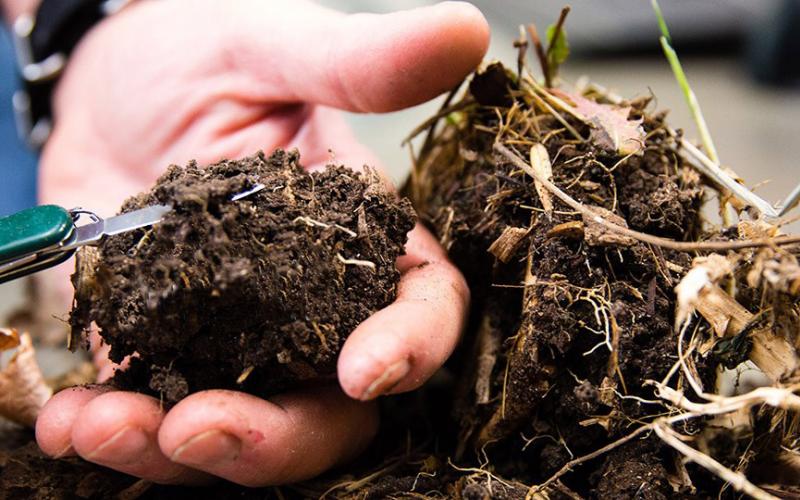
Soil: It’s Not Just Dirt
Most soils are complex ecosystems with worms, insects and microscopic organisms, which all work together in helping plants grow.
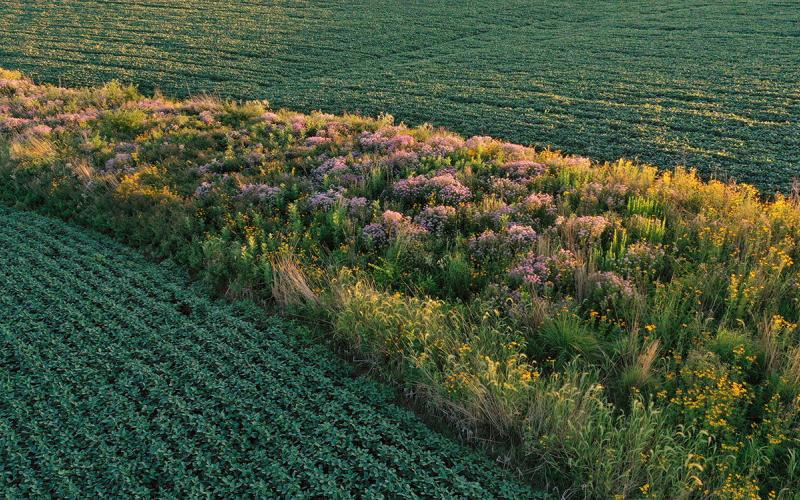
Using Prairie Strips To Protect South Dakota Water
Prairie strips are a new continuous Conservation Reserve Program practice that integrates native prairie plantings oriented linearly within a row crop field to reduce soil erosion and runoff.
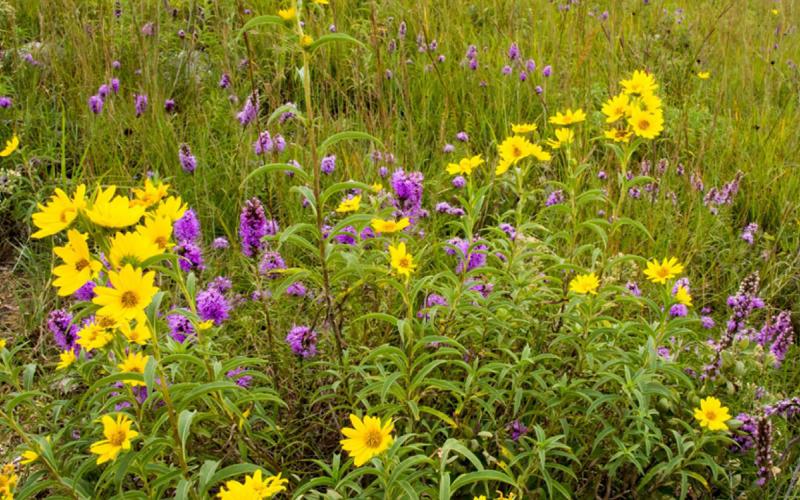
Range Roundup: SDSU’s Native Plant Initiative
The SDSU Native Plant Initiative aims to improve our understanding of South Dakota’s native plants, including which ones are best-suited for restoration and production. This information will help guide stakeholders in matching native species to desired restoration outcomes.
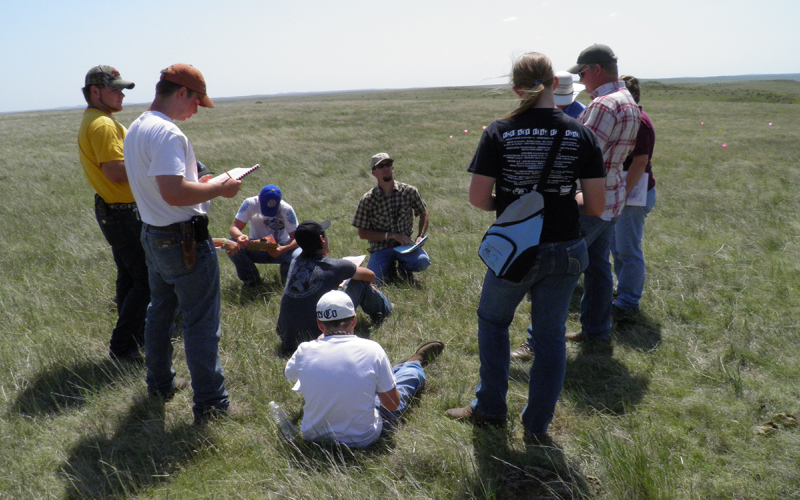
Range Roundup: Opportunities for Youth
There are several opportunities for youth in South Dakota to get exposed to rangeland ecology and management, with involvement from several partners across the state. Learn about some exciting opportunities offered each year!
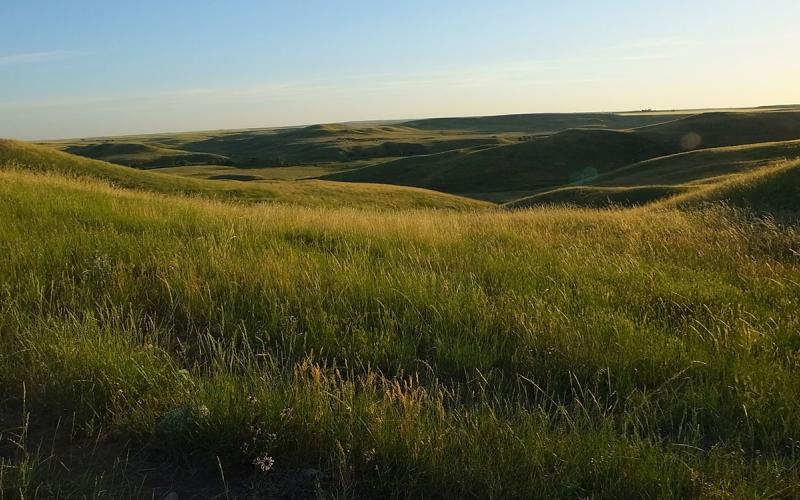
Range Beef Cow Research: Rangeland Soil Health
For rangelands to maintain productivity and produce adequate levels of forage, soil health must be sustained and function properly.
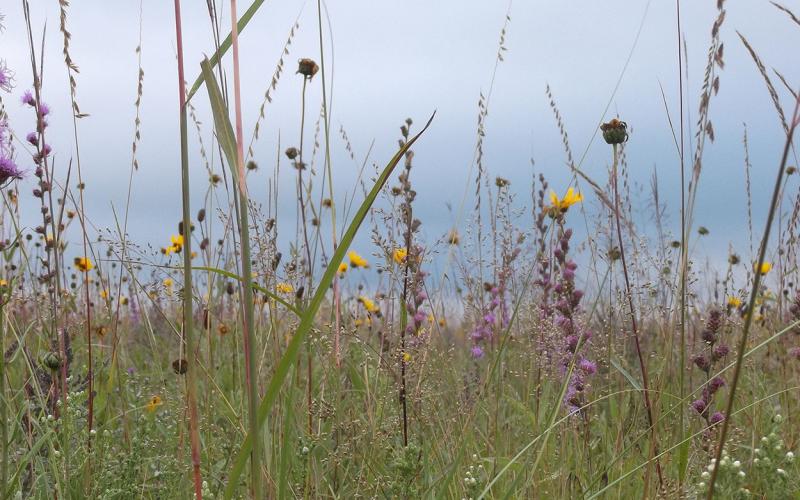
A Quick Start Guide to Selling Native Seeds
Guide that details what you need to know to sell seeds of native flowering plants (forbs) in South Dakota.
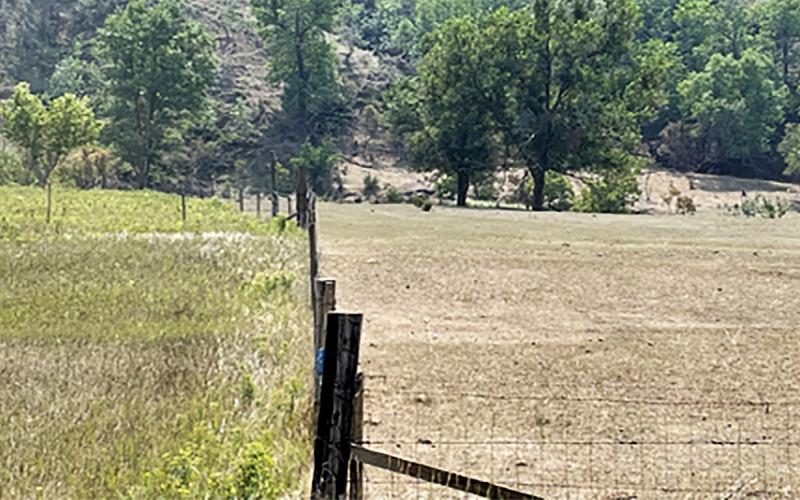
The Lasting Effects of Overgrazing on Rangeland Ecosystems
Overgrazing can cause various detrimental effects on rangeland ecosystems. Most of the effects are seen in the short term, but some are unseen and can be lasting.
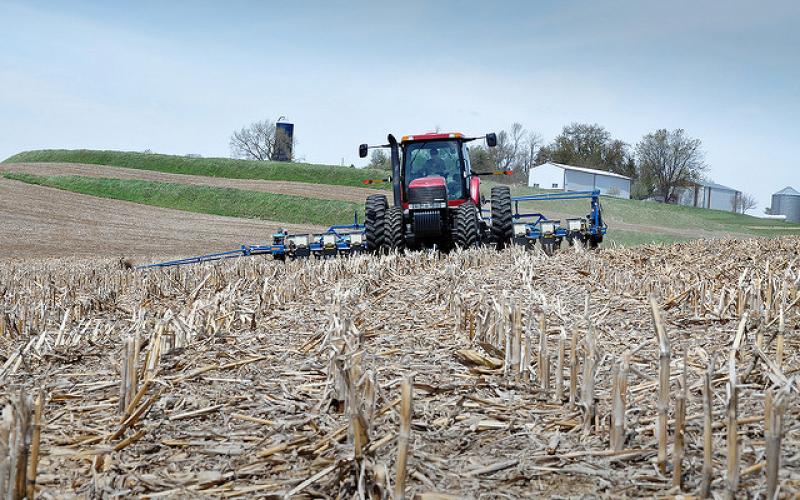
Project to Study Soil Health Economics in South Dakota
Soil degradation has become one of the most pressing global issues, because of its adverse effects on world food security, environment and quality of life.
![A green tractor planting seeds in a no-till field. Courtesy: United Soybean Board [CC BY 2.0] via Flickr](/sites/default/files/styles/teaser_800x500/public/2019-10/W-00433-00-no-till-planting-soybeans-field.jpg?h=b2774bcf&itok=4KjGmXKP)
Farm Practices That Improve Soil Health: Crop Rotations and No-Till
Implementing crop rotations and no-till practices are common suggestions to reduce erosion, control pests, and improve yields. These practices can also improve soil health through an increase in soil carbon levels.
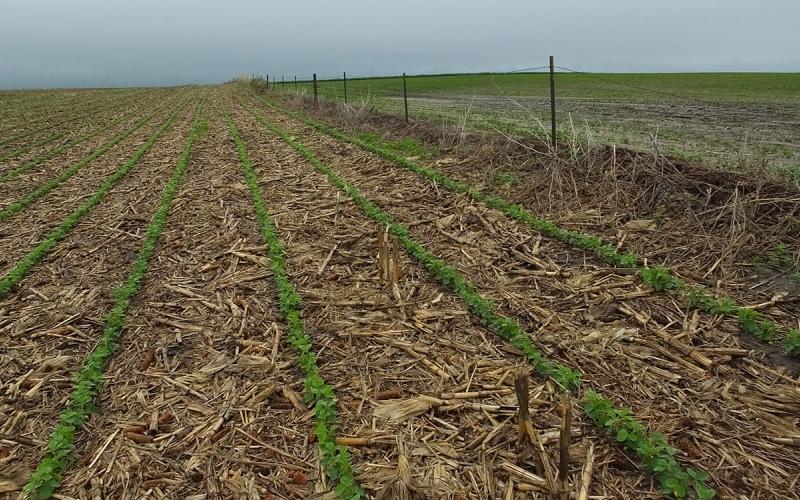
Economics of Different Crop Rotation Systems in South Dakota
Economic returns are an important factor to consider when selecting crop rotation systems.